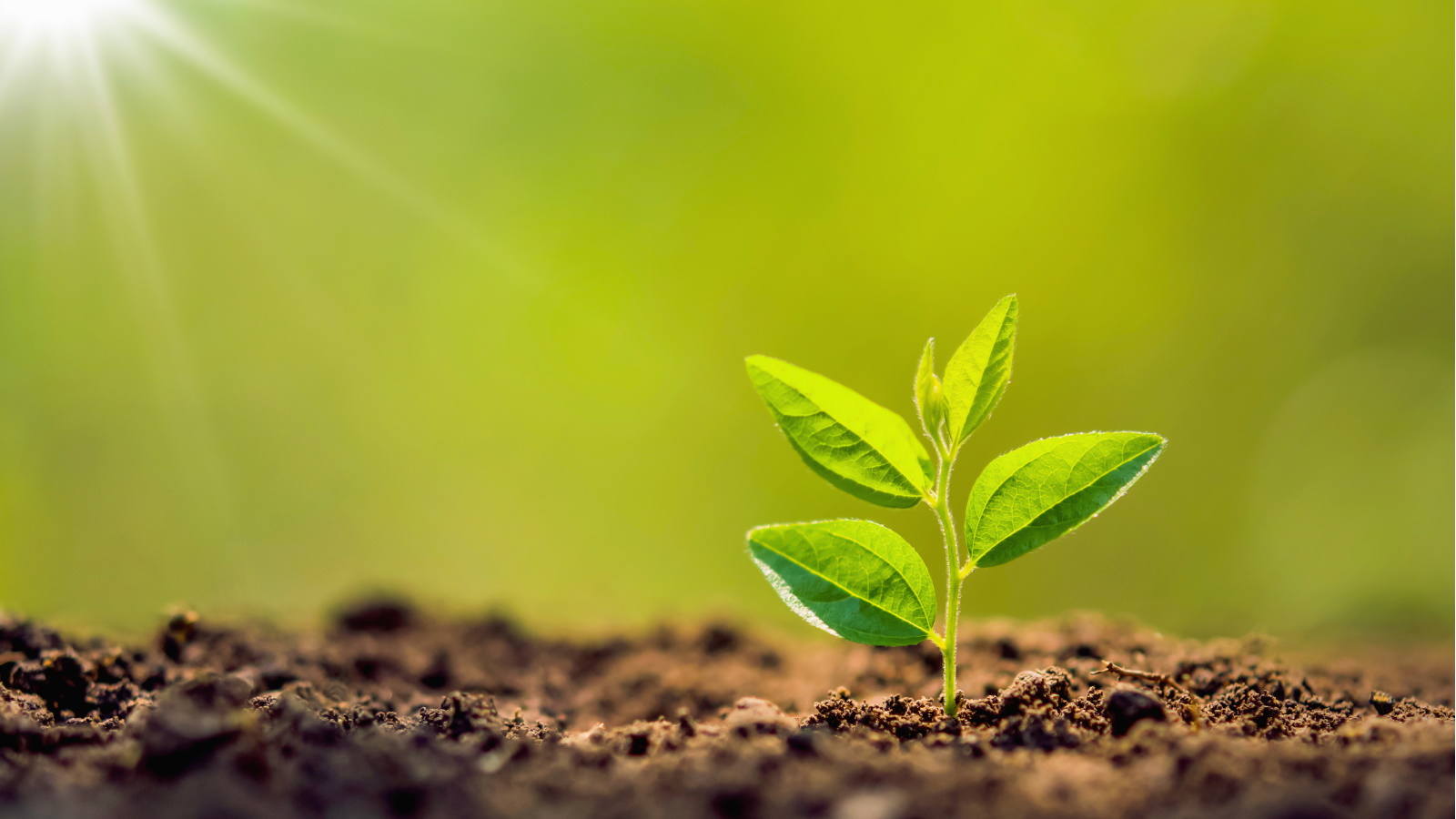
When you first take up gardening as a hobby, there's a lot to get your head around. You might have heard a range of terms, but not actually know what they mean or why they're important. Providing nutrients for plants, for example, is a big focus among gardeners because they really are fundamental for plant growth.
Just as we need nutrients to survive, plants also rely on them. With so many different products on the market offering to boost different nutrients for plants, it can be hard to identify what plant nutrients are needed for growth and the purpose each one serves.
To help you avoid fertilizing mistakes and to better understand plant fertilizer numbers, we've put together an easy guide to essential plant nutrients below.
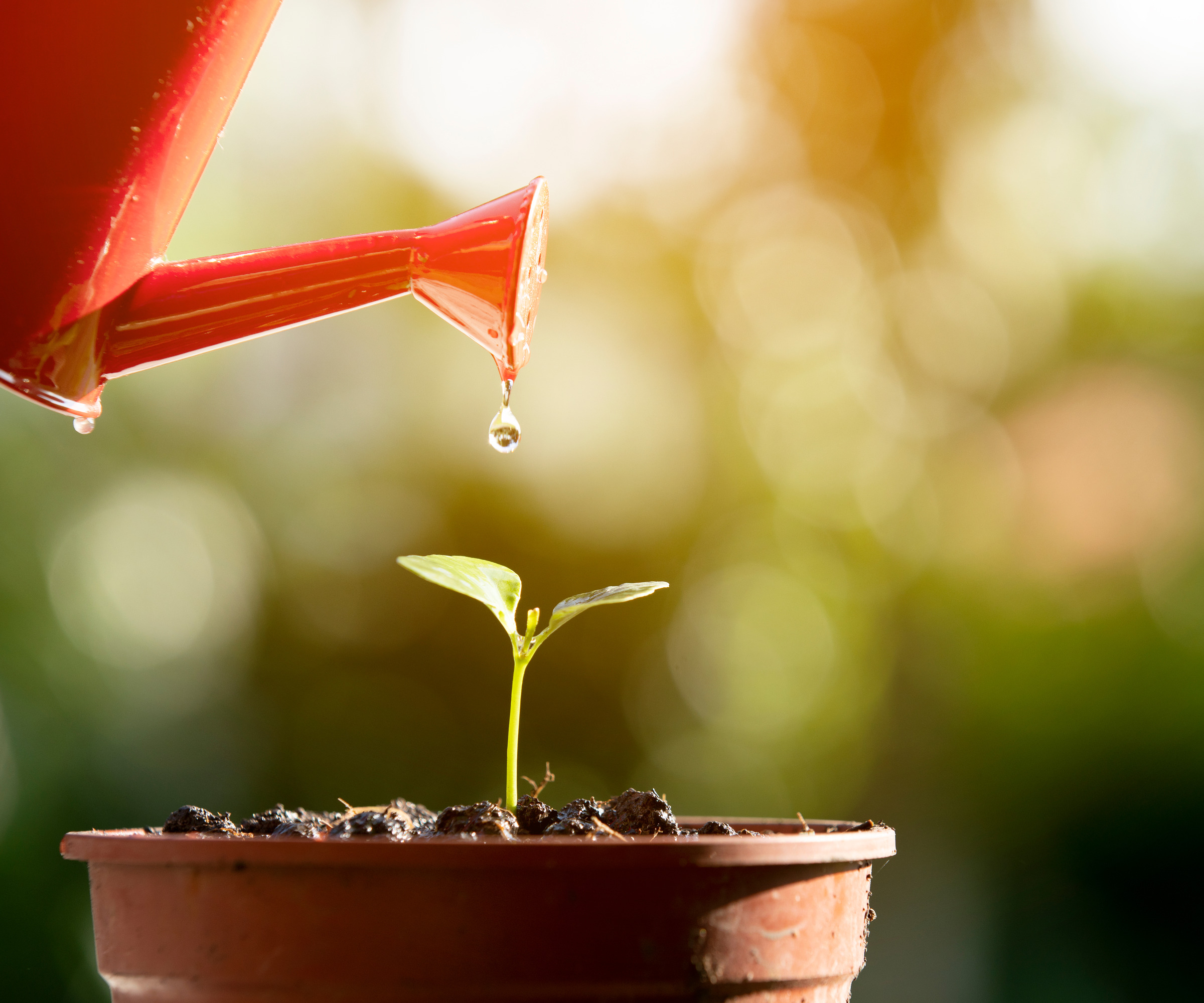
What plant nutrients are needed for growth?
Nutrients are substances that provide nourishment for the survival of organisms. There are 17 key plant nutrients that can be split into different categories: macronutrients are those needed in the largest quantities, secondary macronutrients are needed in moderate volumes and micronutrients are needed in the smallest volumes. Here, we run through what essential plant nutrients are needed for growth and what each one does.
1. Carbon, hydrogen and oxygen

The basis of healthy plant growth is access to the natural elements of air and water. These provide plants with the macronutrients of carbon, hydrogen and oxygen.
'These nutrients are an essential component involved in most of your plants metabolic processes,' says Denis McCausland, horticulture expert and landscaper.
These macronutrients contribute to processes such as photosynthesis where plants convert light energy into chemical energy to drive growth.
That's why it's key to keep your plants somewhere bright, ventilate your greenhouse, and water your plants correctly.
2. Nitrogen, phosphorus and potassium
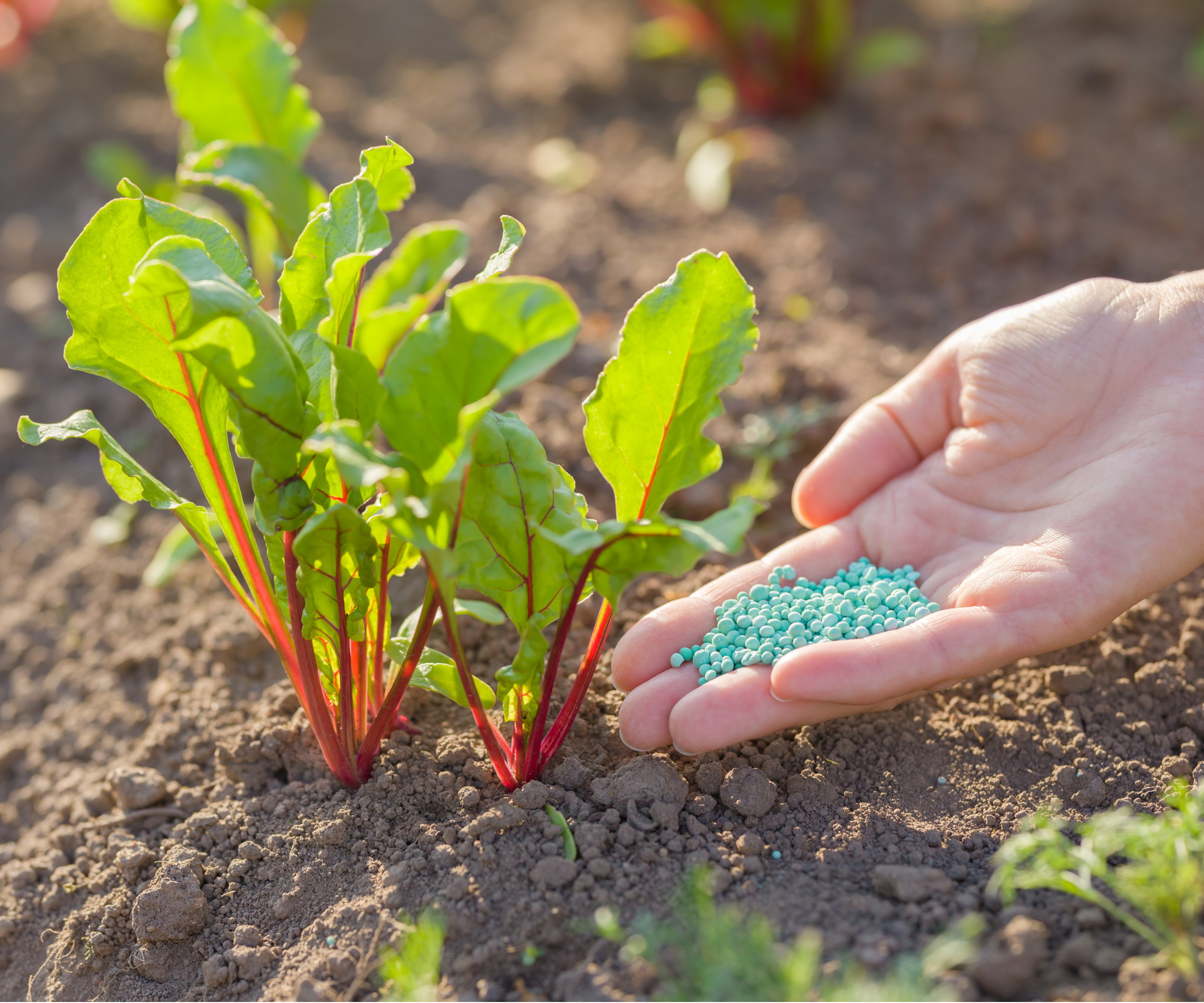
These are the macronutrients you're likely most familiar with, as they're found on the labels of fertilizers as NPK ratios. These are also typically the nutrients sought after in homemade compost and other homemade plant fertilizers.
'Nitrogen promotes leafy growth. It is a building block for chlorophyll,' explains Tammy Sons, horticulturist and CEO of TN Nurseries. Chlorophyll is what gives plant their green color. A boost of nitrogen for plants can therefore help with the vegetative growth.
'Phosphorus is obtained from the plant's roots and actually promotes strong root development,' Denis explains. 'Phosphorus is a key component in the plant's reproductive process and is essential for flower, fruit and seed development,' he adds.
You will often find flower fertilizers, like this flower food from Amazon, contain high volumes of phosphorus to promote bigger blooms. You can also seek other methods to add phosphorus to soil.
'Potassium aids with water uptake and nutrient transportation to help your plant grow,' Denis says. Gardeners often add banana peels, egg shells and wood ash to their compost heap to increase its potassium contents.
3. Calcium, magnesium and sulfur
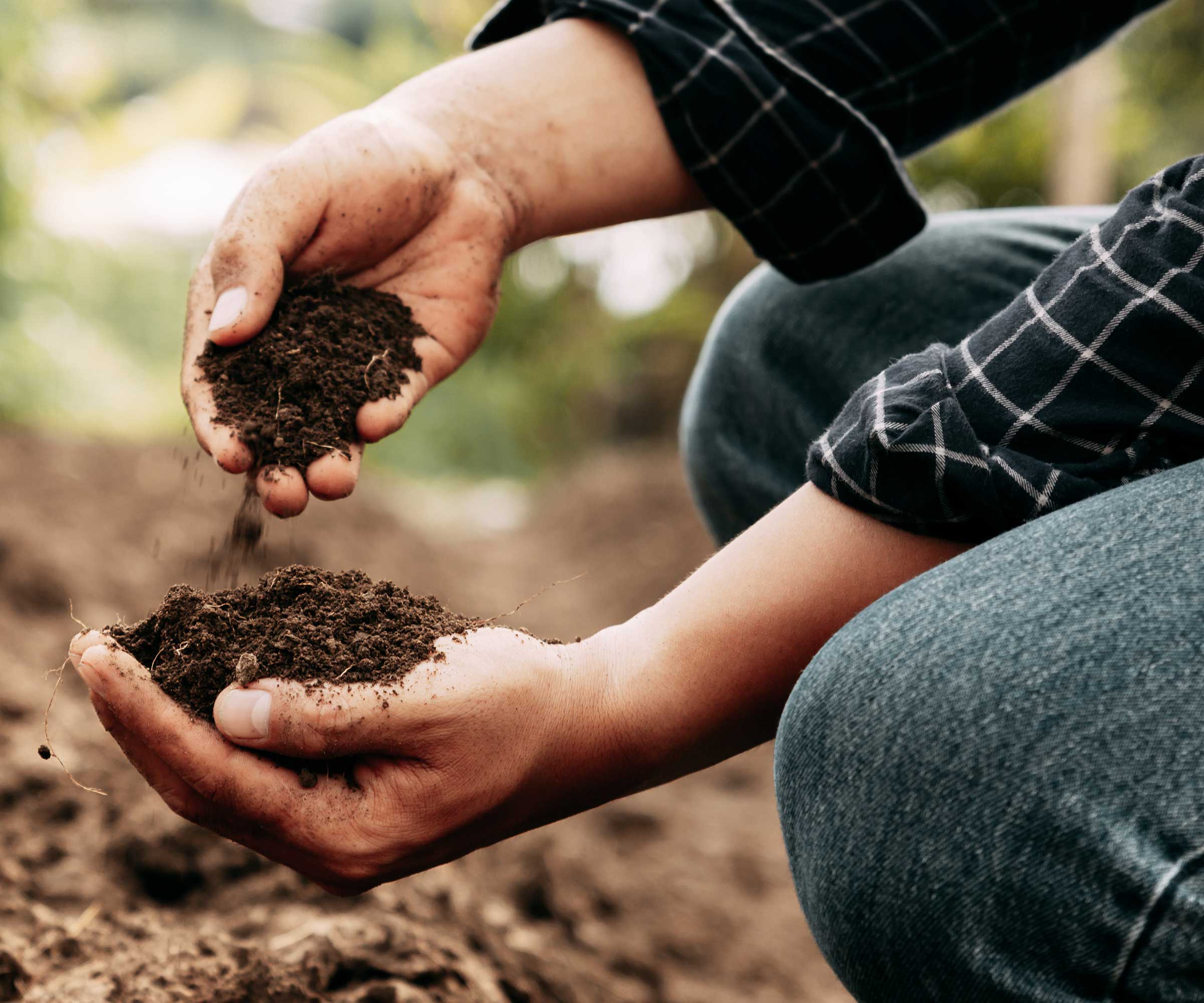
There are also secondary macronutrients that your plants require for vigorous and robust growth. These are essential nutrients your plants benefit from in moderate amounts.
'Calcium helps ensure your plant is structurally sound and is a key nutrient with the development of strong cell walls in your plant,' says Denis. 'Plants without enough calcium may develop physical disorders that inhibit strong plant growth,' he adds.
Meanwhile, sulfur helps build protein for plants, aids chlorophyll formation, promotes nitrogen fixation and more.
'Your plants also need magnesium because it is a helps to metabolize proteins and carbohydrates,' Denis adds.
Plants with a lack of these nutrients often have brown spots on their leaves and suffer with stunted growth. Of course, there can be a whole host of reasons your plant is showing these symptoms - use this soil test kit from Amazon to find out the volume of each nutrient in your soil to identify the problem.
4. Micronutrients
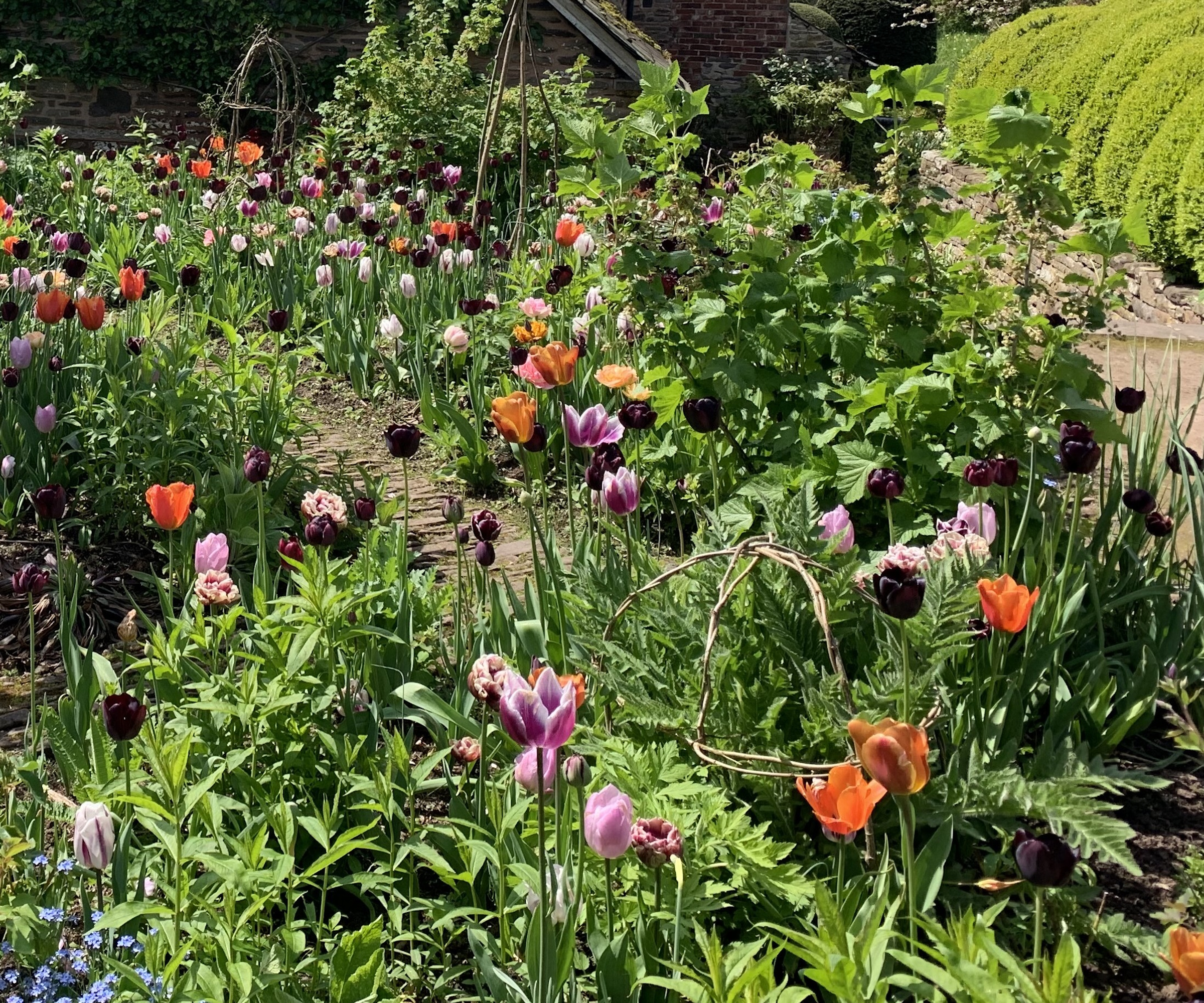
Plant growth is also aided by a group of micronutrients - those they don't need huge amounts of. They include iron, copper, zinc, boron, chlorine, manganese and molybdenum. Each of them support plant growth and health in different ways.
'For example, iron is involved in the synthesis of chlorophyll. It is essential for the maintenance of chloroplast structure and function,' Tammy notes.
Boron, on the other hand, is key for seed production and moving sugars through the plant. You might have also heard pennies are good for soil because copper aids a range of enzymatic activity.
Micronutrients are found across different soil types, but it is also possible to amend your soil to increase the volume of them - like with this iron an zinc solution from Amazon.
FAQs
How can you tell if your plant has a nutrient deficiency?
A nutrient deficiency in plants is problematic because it means the plants don't have enough of certain nutrients to help them grow. The impact of a deficiency will vary between different nutrients, but there are some signs you can look out for:
'A plant experiencing stunted growth may not be getting enough nitrogen, phosphorus or even sulfur,' says Denis McCausland, horticulture expert and landscaper.
'If your plant has leaves that are a darker shade of green or even purple, your plant may have a phosphorus deficiency. Meanwhile, plants that are having problem developing quality fruits could have a phosphorus or potassium deficiency. Small leaves that aren't a lush green but instead are pale green or even yellow could indicate a lack of nitrogen,' he explains.
The best thing to do is get your soil tested to better understand your soil's health and how to improve it.
These are the 17 essential plant nutrients needed for growth. It's important to remember plants require larger amounts of macronutrients and smaller amounts of micronutrients.
To know exactly how much of each nutrient your plant needs, make sure to do some research around growing that specific plant. If your plants aren't growing well, their foliage is discoloring or they're struggling in other ways, you might need to consider boosting soil nutrients.







